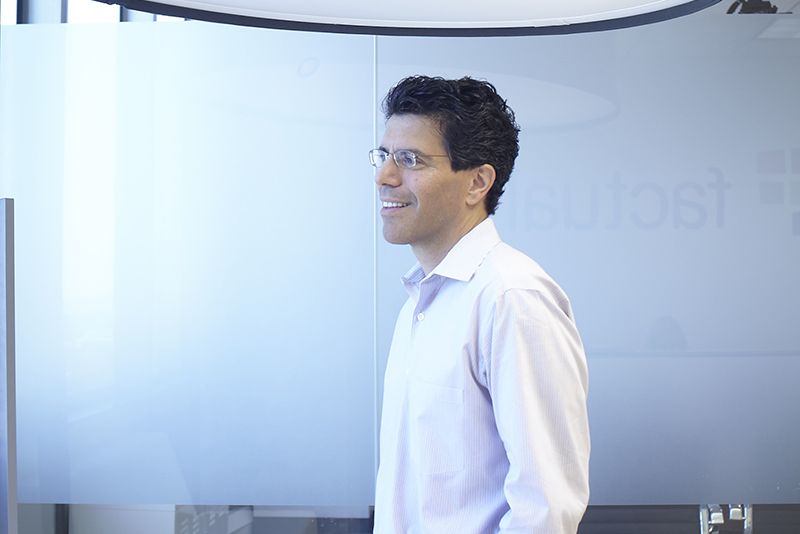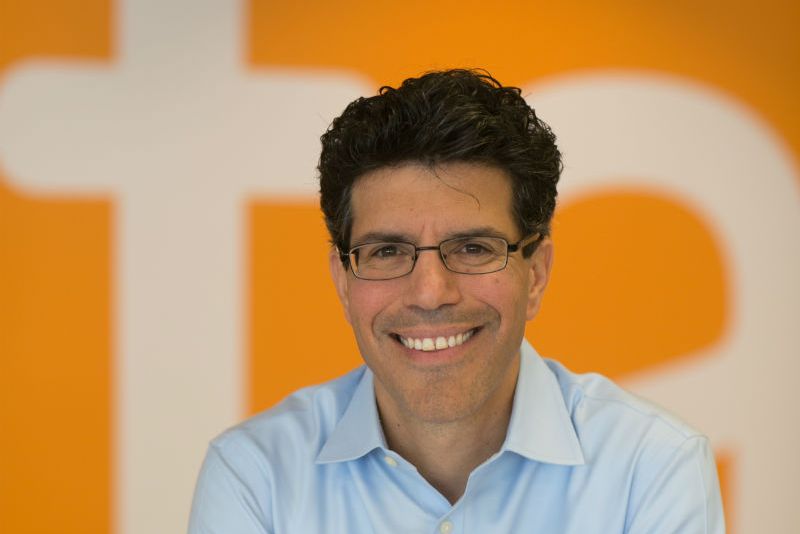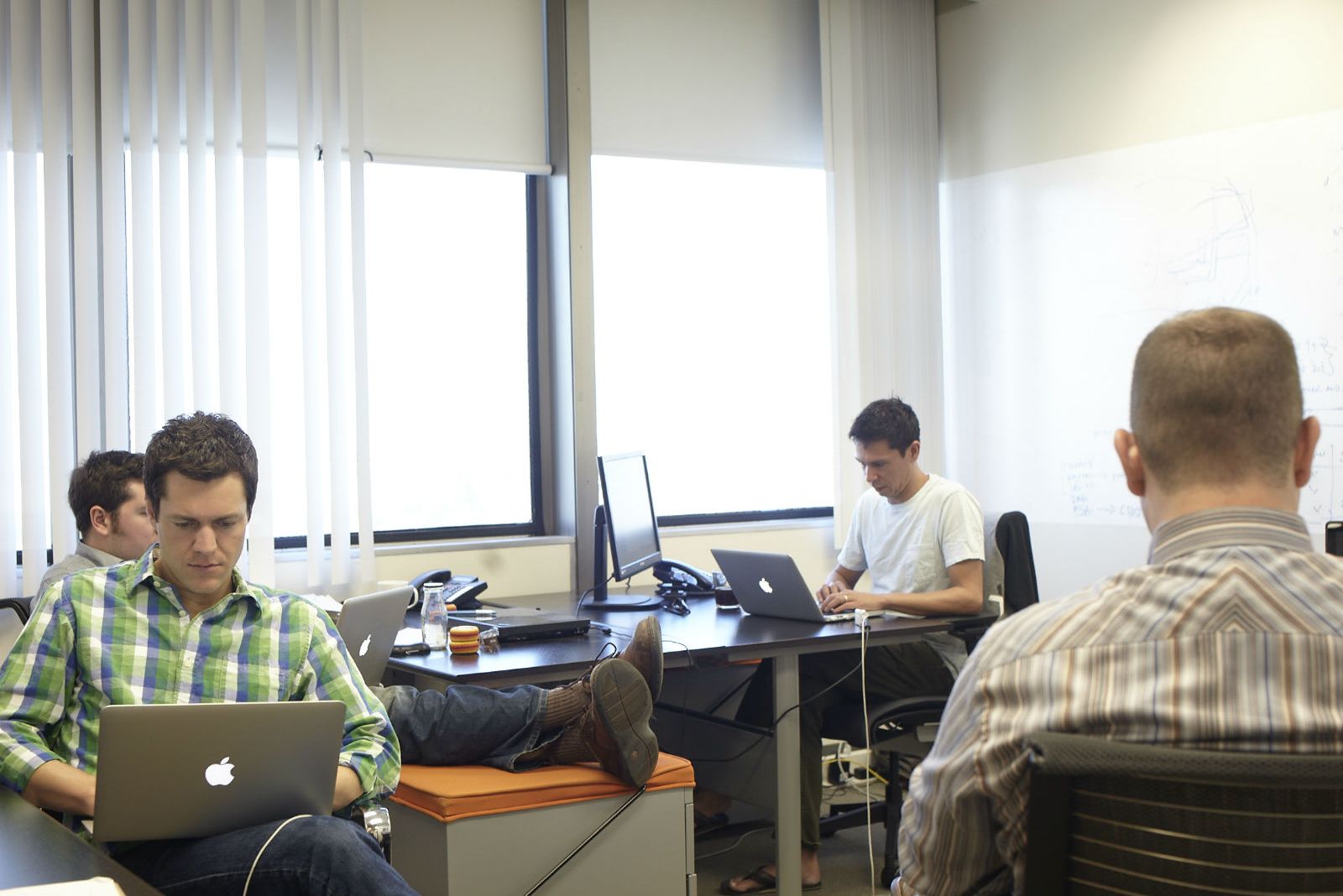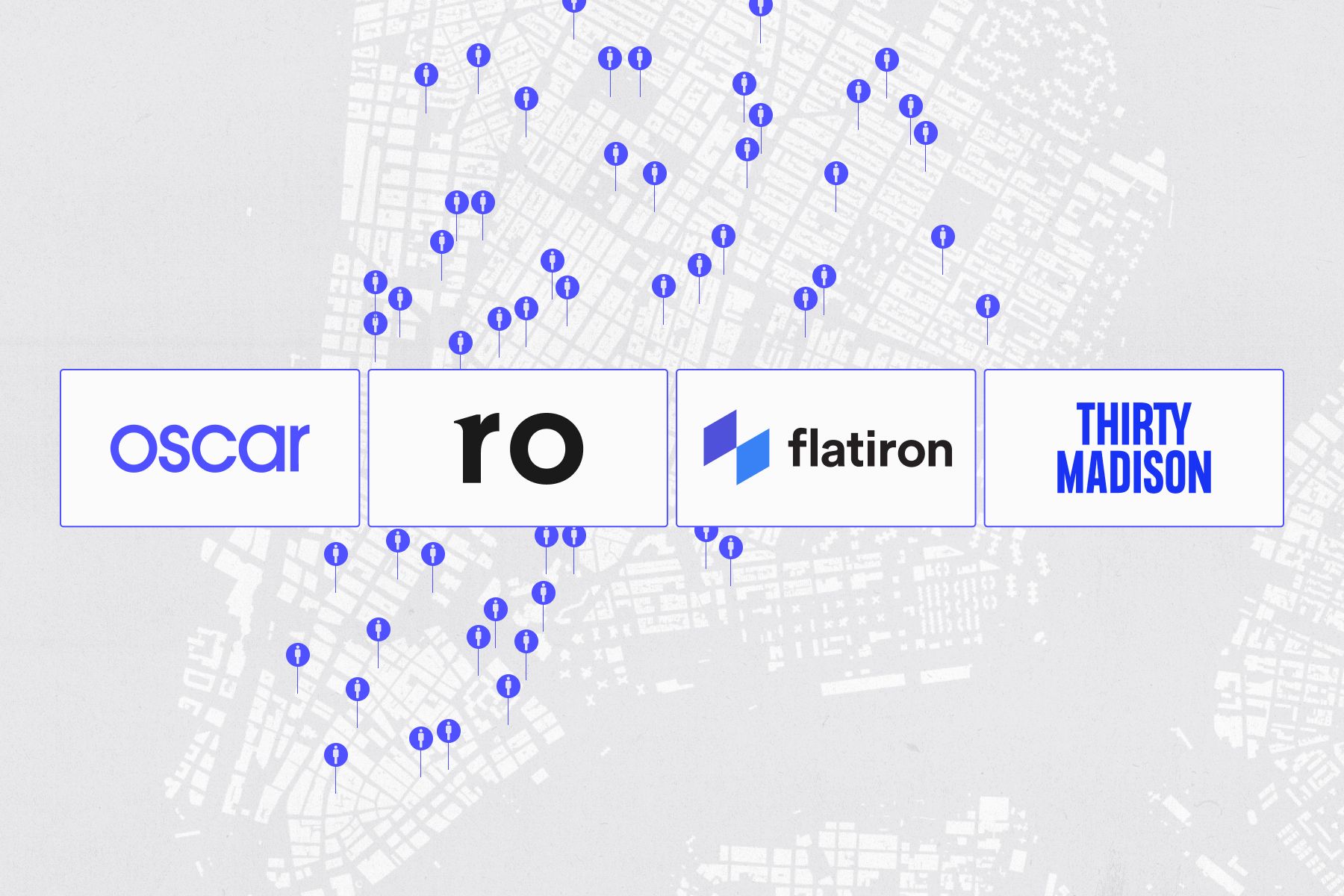“Offer stock options wherever possible”: Factual Founder Gil Elbaz’s 10 Things to Know About Building and Retaining A Great Team



With two highly-respected companies under his belt, entrepreneur Gil Elbaz has played an indispensable role in the evolution of data accessibility.
Most recently, Elbaz was inspired to launch the data company Factual in 2007, after the data pioneer realized he wanted to build a company “completely focused on aggregating and collecting data to make developers’ lives easier.” Prior to Factual, Elbaz co-founded Applied Semantics, which Google acquired in 2003 and subsequently turned into Google AdSense.
Having worked with teams of all sizes through his career, Elbaz has ten tips for sourcing, recruiting and keeping the most top-quality employees.
1. “Keep adding to your network.”
I’ve only started two companies, but one practice I applied to both experiences was to develop a lot of relationships with people who’d impressed me over the years. If you look at the two earliest founding members of Factual, one was a college friend, with whom I’d casually kept in touch before we reunited after 20 years to start the company. The other guy was actually a competitor of ours the first time around, with whom I’d also kept in touch. Networking is really just about building relationships and figuring out and understanding people’s value systems, inspirations and desires in life. Building networks with the most capable people takes years, but it’s incredibly valuable.
2. “Avoid the hard sell.”
When it comes to approaching people, I prefer having open, honest conversations with them about what you want and what you are doing. If you keep in touch with them, then things tend to happen organically. I’m not the type of person to use the ‘hard sell’ approach. I never tell people that Factual is the best company around and that they’ve got to work here or else they’re making a huge mistake… More often than not, by simply staying in touch and talking to them, their interest in what you’re accomplishing keeps on growing.
3. “Hire to fill holes in your own skillset.”
For me, the idea of building a team is to fill the holes in my skillset. As an example, I’m not particularly operational or execution-oriented. Therefore, some of the key roles I needed to fill on the Factual team were the people leading business development and sales. Bill Michels, our SVP Product and Partnerships, is responsible for a lot of our most important deals, including our first one with Facebook. It takes a certain personality to be both a hard-charging sales guy and a patient, persistent listener who’ll take six months or a year to close that big deal. So be clear about the holes in your own skillset and build a team to fill them.
4. “Let your key team-members do your evangelizing for you.”
I can’t take credit for a lot of the hires at Factual. My management team found many of the people here today and there are lots of examples of them doing the evangelizing and recruitment. All you can do is set out to create a company that has a great culture, where your key team-members are inspired enough, and care enough, to want for the company to be stitched into their daily lives. So much so that when they go out for drinks with friends, Factual comes up naturally in conversation, as an extremely positive aspect of their lives. You can’t micromanage that process. I’ve never trained people on how to recruit that way. You just hope that they love the company enough so that the evangelizing happens organically.
5. “You should offer stock options wherever possible.”
I feel strongly that options are important because they incentivize people so that they’ll know it’s not just a job and that they’re really in this family that’s trying to build something of value. I understand some people are suspicious about being offered equity as part of an overall compensation package—especially in countries like China [Factual has a base in Shanghai.] Historically many American companies haven't offered Chinese employees equity because it’s legally tricky, and also because the employee base has less experience with such instruments and values them less. But, we've worked hard to educate prospective employees about the potential that exists with options, and also explained that culturally it is best if everyone is aligned - all trying to work toward the same goal and sharing in the upside.
6. It’s all about the interview process.
I learned a tremendous amount at Google, which I consider one of the best companies at recruiting. My biggest takeaway from them was about the interview process itself. Thinking back to my first company, I now realize we hired a lot of good people in spite of having a poor interview process—a challenging process that ultimately prevented us from scaling properly.
The most important element to remember when interviewing is to accommodate multiple independent viewpoints among your interview team, so your decision is not determined solely by the loudest voices in the room. That’s a mistake, because sometimes the quietest person is also the most perceptive about some dimension of the potential hire. Thanks to Google, I learned that the returns on investment are incredible on most hiring and recruiting efforts.
7. “We tend not to do trial/probation periods.”
It’s a very competitive landscape out there for the best talent, and if we were to say to potential recruits ‘You’re spectacular, but we’re not sure about you, so we want to give you a week’s trial first’, then they’ll probably just walk away and take another job. You have to do the best you can to evaluate them through referral networks and the interview process, and then you simply have to place a bet on the person. In the case of very entry level people, there have probably been a couple of times where they didn’t have other immediate opportunities to go to, so we did a probationary period for them, but that’s pretty rare for us.
8. “Stand by your hires.”
With new employees, it’s all about the commitment to make the hire work. We definitely don’t take the attitude that some companies take with new recruits, where the bottom 10% fail and will be flushed out. We work really hard to support the people that are here; it’s pretty rare that someone fails outright. With a few people it’s turned out that there wasn’t a chemistry fit, but generally we make double and triple the effort to keep them, maybe by moving them into a different role, or getting them a new mentor, or more training, or assigning them to a different project.
9. “Give people a chance to be creative.”
Like many technology companies, our team gets a free, catered lunch on Fridays. But even more valued and valuable, I think, is that Fridays is also when we also allow our people to present technical projects, new products or business ideas to the whole team. Having a couple of people present every week is a great win-win for both the presenter and the company. It’s extremely inspiring. In fact, it’s been so successful that we’ve been thinking about extending to other days too.
10. “Make people want to come on the ride with you.”
It doesn’t matter how great your ideas are, because 99% of the puzzle is figuring out all the hairy details on how to persist and turn a crazy idea into reality. Persistence is the key because you see lots of other companies who have the same idea (or the same flavor of idea), but a lot of them just don’t last. So my philosophy is, pick something ambitious and persist—because the company is the team. The way that I’ve done that is to make sure that potential employees see me as someone who’s right in the middle of the company and is going to persist against all odds. I try to make them want to come on the ride with me.
Posted on 25 Mar 2015
Published — March 25, 2015

